Academic Publications
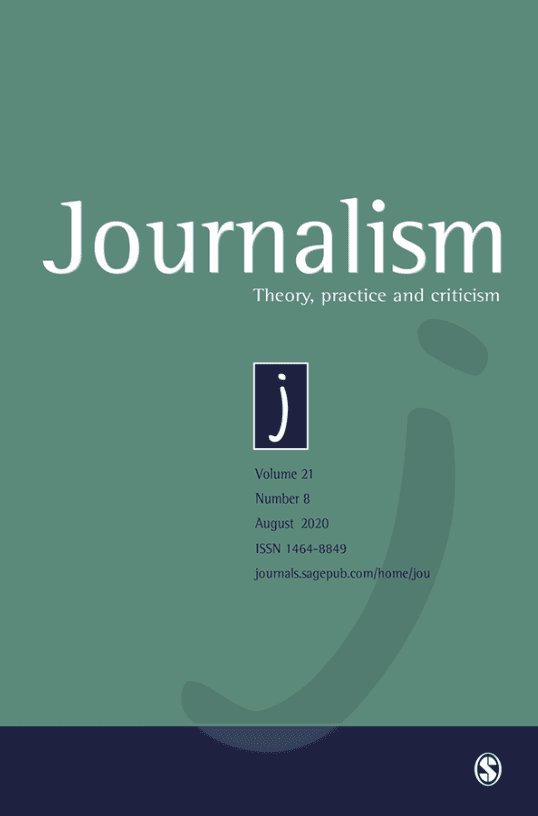
The effects of journalistic transparency on credibility assessments and engagement intentions
Journalism, 2021;22(4):901-918
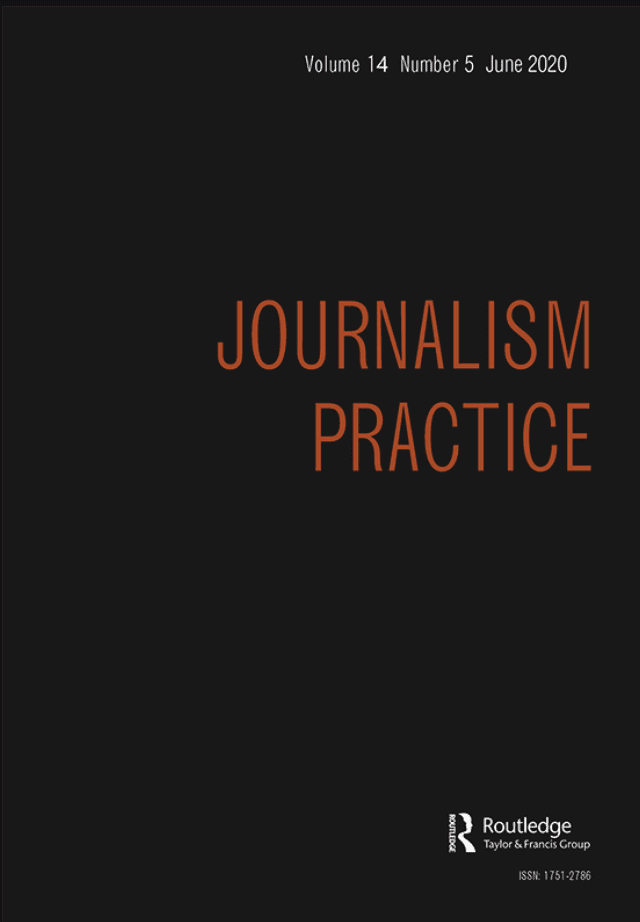
How news images affect clicking on subscription appeals
Journalism Practice, 15:4, 489-507
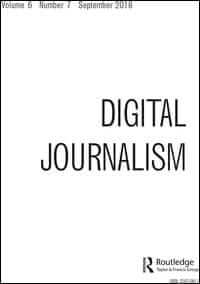
The effectiveness of gain and loss frames in news subscription appeals
Digital Journalism, 9:3, 300-318
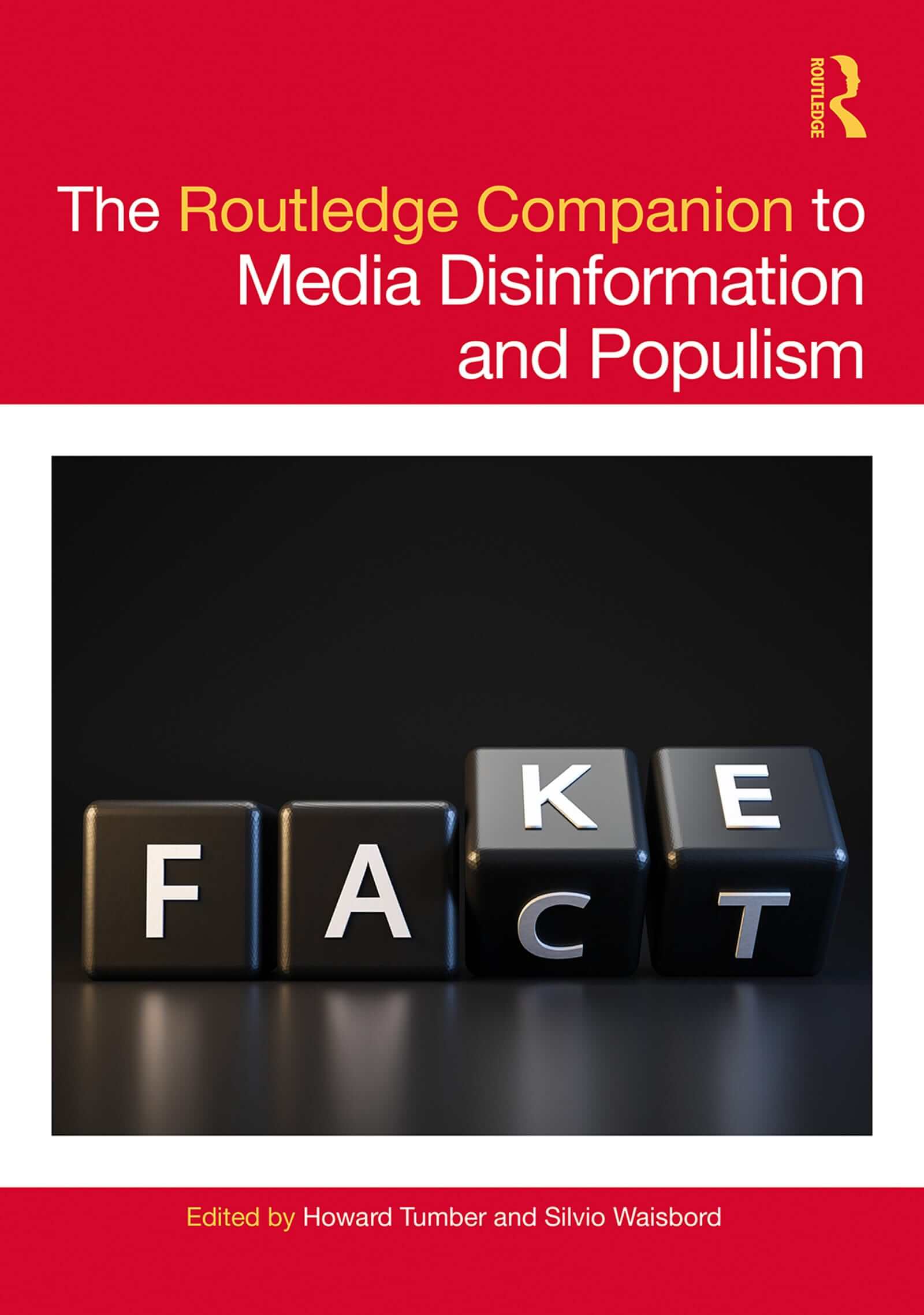
The evolution of computational propaganda: Theories, debates, and innovation of the Russian model
The Routledge Companion to Media Disinformation and Populism

Probabilistic social learning improves the public’s judgments of news veracity
PLOS ONE 16(3): e0247487
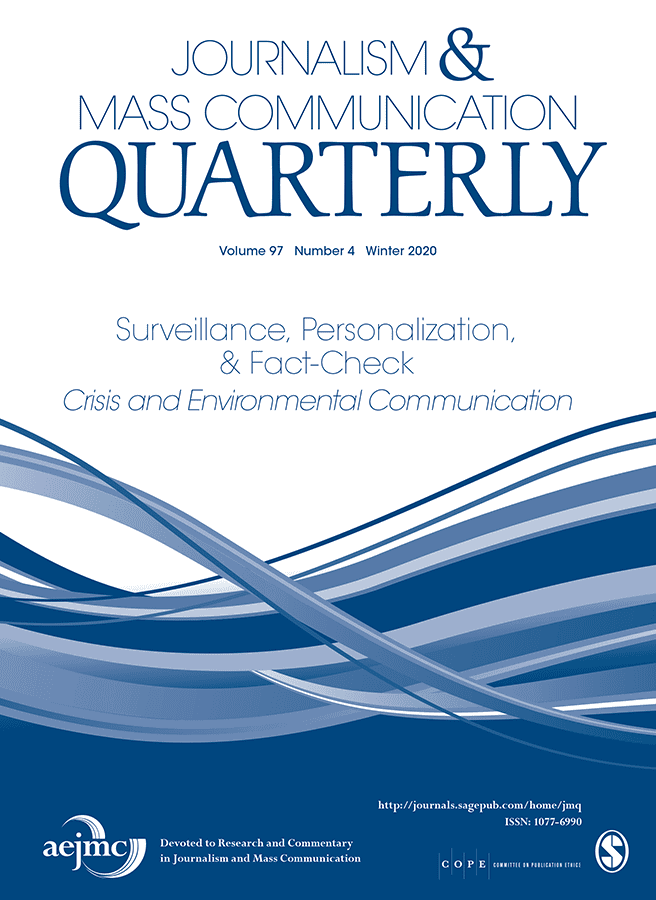
The Moderating Role of Emotion: The Combinatory Effects of Positive Emotion and News Framing Techniques on Climate Change Attitudes
Journalism & Mass Communication Quarterly
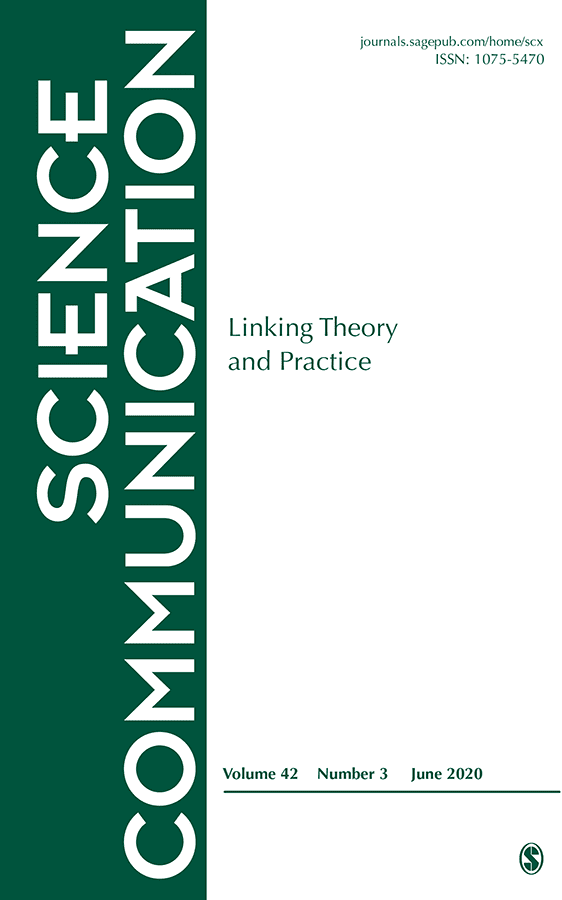
Person, Place, or Thing: Individual, Community, and Risk Information Seeking
Science Communication

The story behind the story: Examining transparency about the journalistic process and news outlet credibility
Journalism Practice (in press)

What’s in a label? The effect of news labels on perceived credibility
Journalism (in press)
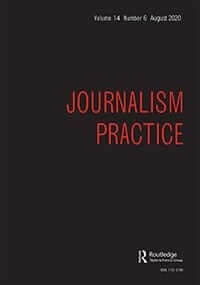
The effects of news site design on engagement and learning
Journalism Practice (in press)

Online bandwagon effects: Quantitative versus qualitative cues in online comments sections
New Media & Society
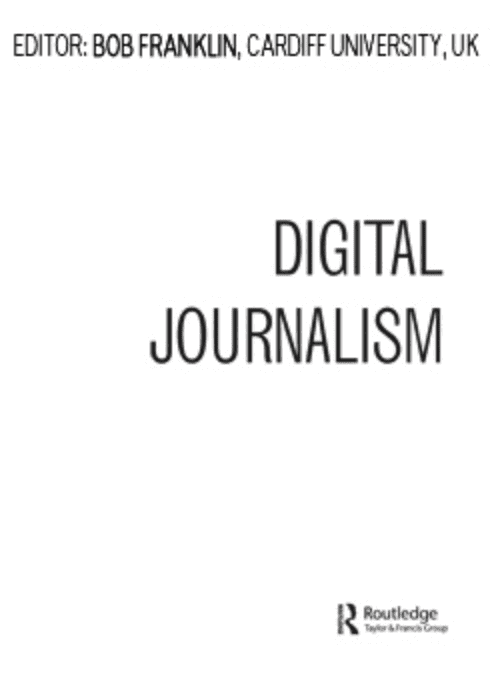
Exploring “angry” and “like” reactions on uncivil Facebook comments that correct misinformation in the news
Digital Journalism, 9:8, 1103-1122
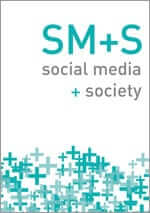
Dialectics of complexity: A five-country examination of lived experiences on social media
Social Media + Society, 6(4)

Science Communication Training in North America: Preparing Whom to Do What With What Effect?
Science Communication
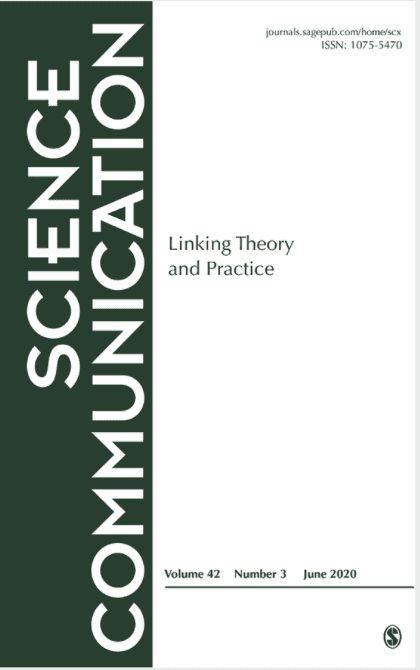
Effects of COVID-19 Misinformation on Information Seeking, Avoidance, and Processing: A Multicountry Comparative Study
Science Communication
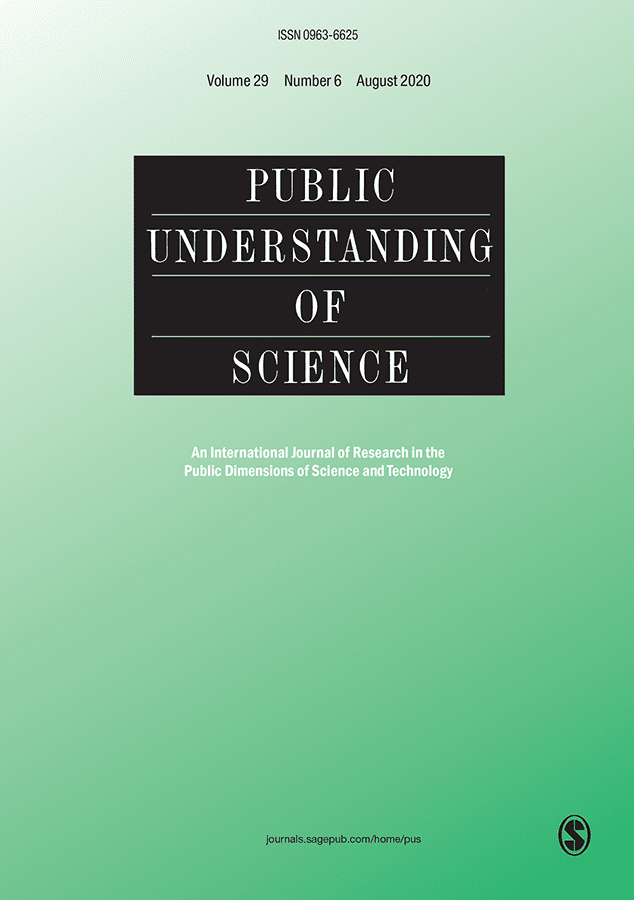
Exploring scholars’ public engagement goals in Canada and the United States
Public Understanding of Science
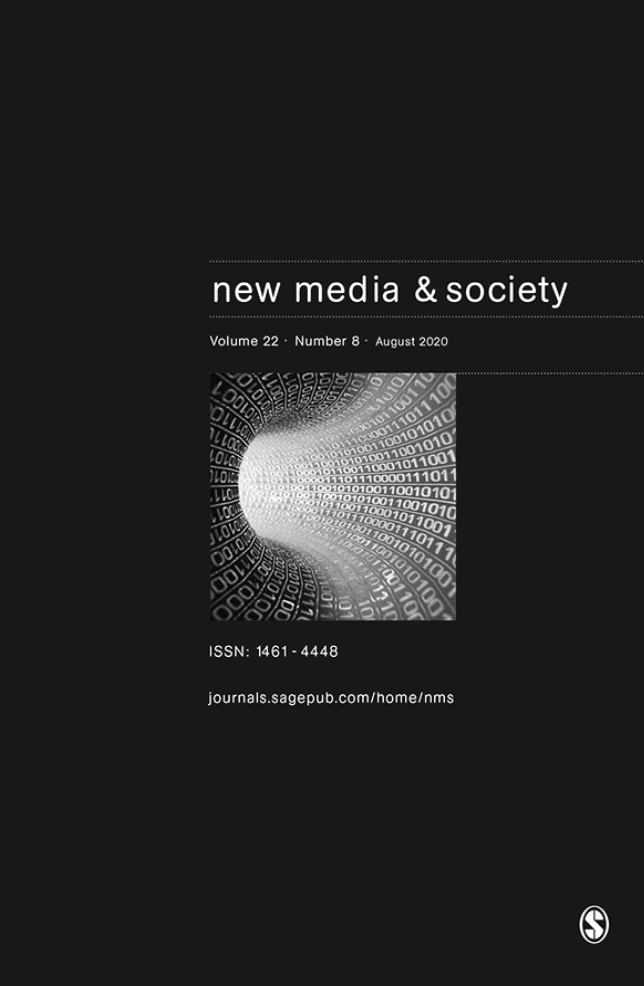
Does online incivility cancel out the spiral of silence? A moderated mediation model of willingness to speak out
New Media & Society (in press)
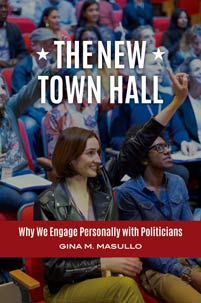
The new town hall: Why we engage personally with politicians
Praeger
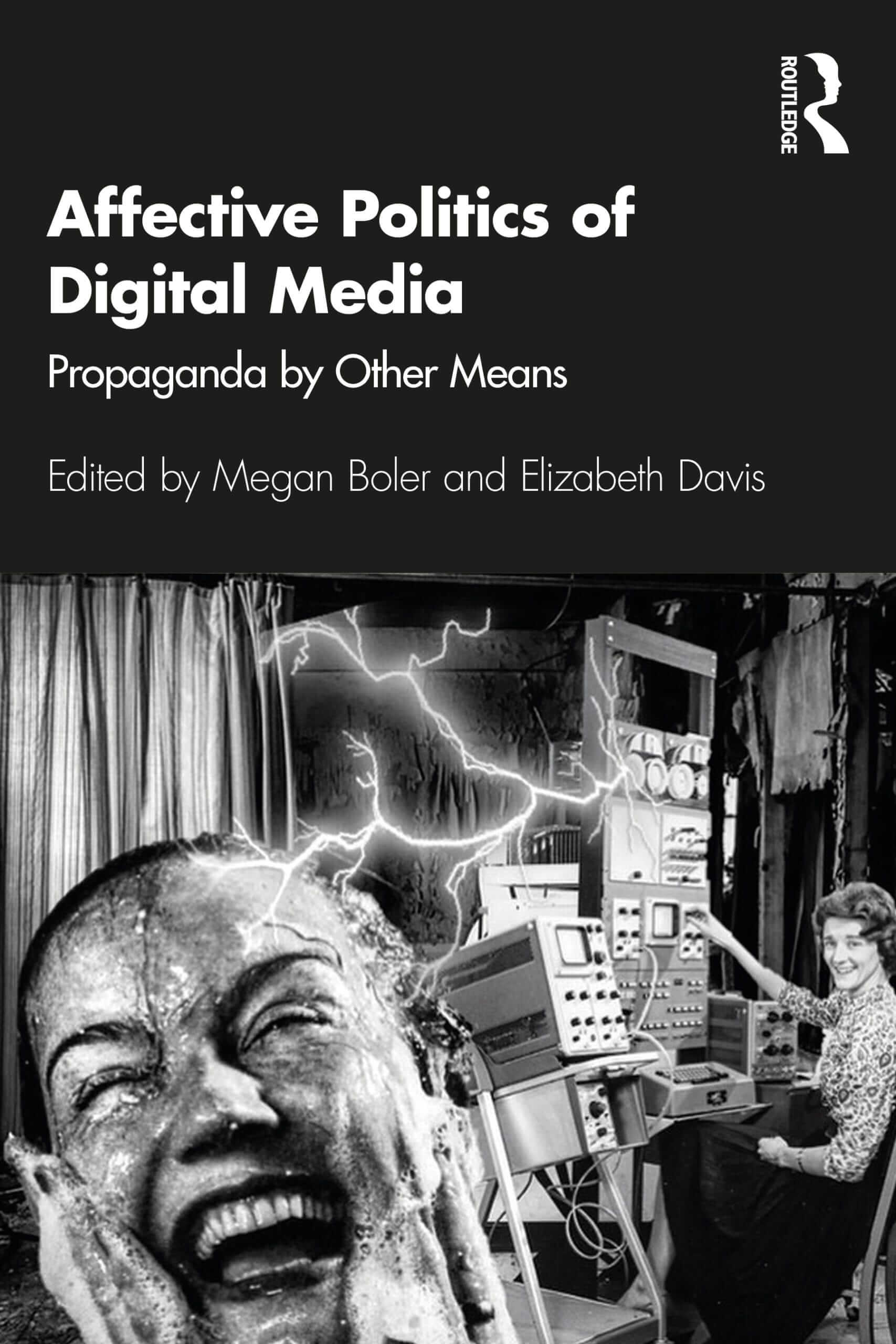
Computational propaganda and the news: Journalists’ perceptions of the effects of digital manipulation on reporting
Affective Politics of Digital Media: Propaganda by Other Means

Engagement moderation: What journalists should say to improve online discussions
Journalism Practice (in press)
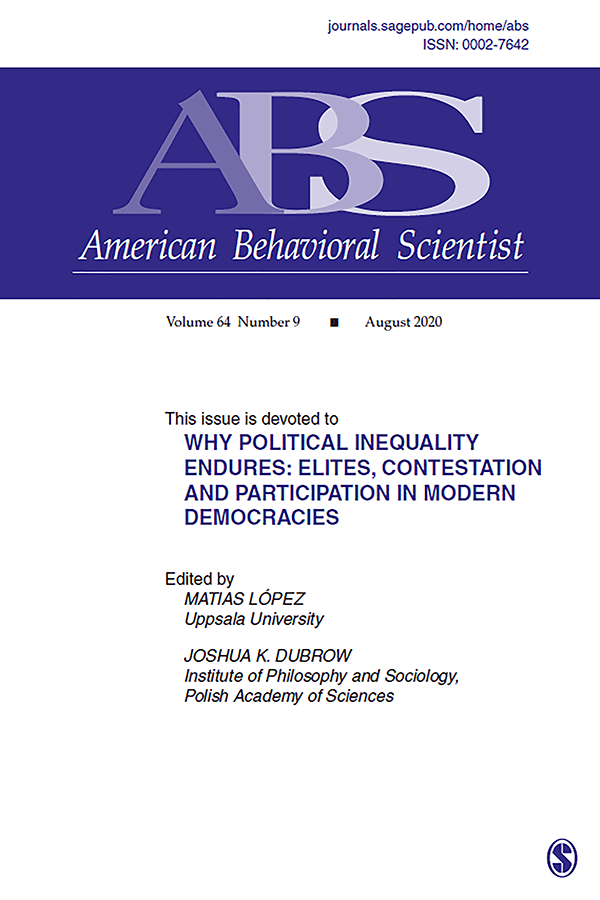
Politicians, social media, and digital publics: Old rights, new terrain
American Behavioral Scientist, 64(11), 1646-1669
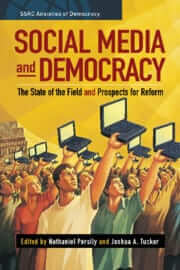
Bots and computational propaganda: Automation for communication and control
Social Media and Democracy, Cambridge University Press
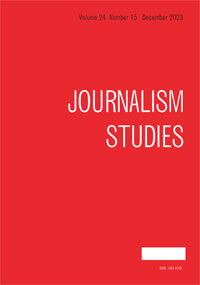
Evoking empathy or enacting solidarity with marginalized communities? A case study of journalistic humanizing techniques in the San Francisco Homeless Project
Journalism Studies, 21(12), 1705-1723

Contribution of Training to Scientists’ Public Engagement Intentions: A Test of Indirect Relationships Using Parallel Multiple Mediation
Science Communication

Public communication by research institutes compared across countries and sciences: Building capacity for engagement or competing for visibility? Title
PLoS ONE 15(7): e0235191
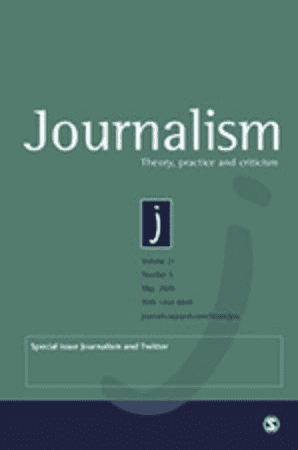
‘You really have to have a thick skin’: A cross-cultural perspective on how online harassment influences female journalists
Journalism: Theory, Practice, and Criticism, 20(7), 877-895
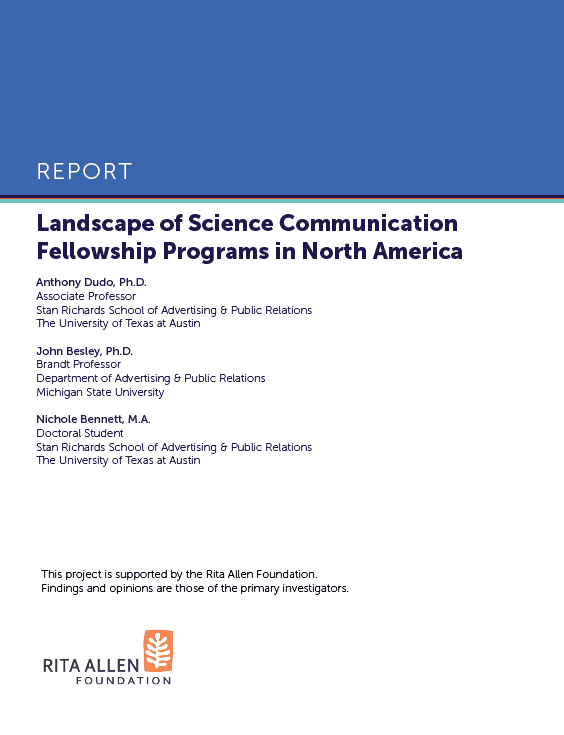
Strengthening Science Engagement Fellowships through New Connections and Inclusion
Rita Allen Foundation
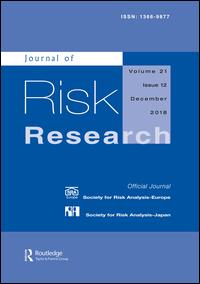
Outbreak! Socio-cognitive motivators of risk information sharing during the 2018 South Korean MERS-CoV epidemic
Journal of Risk Research
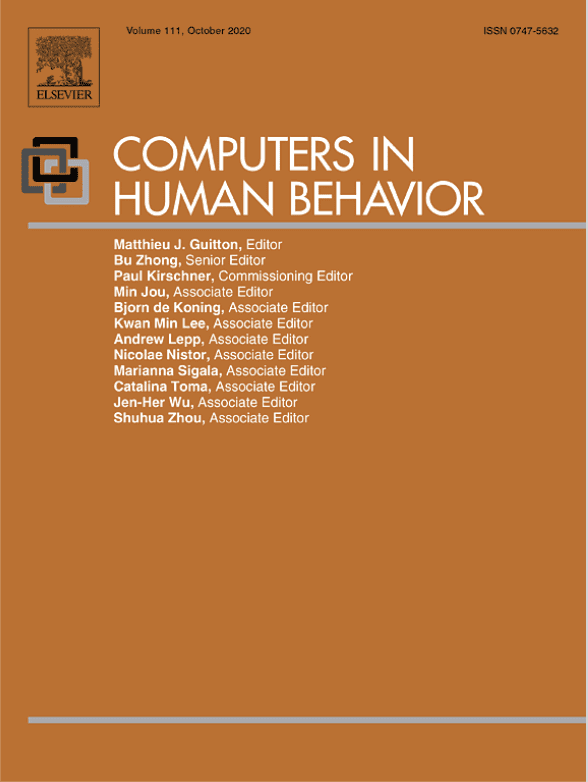
The downsides of digital labor: Exploring the toll incivility takes on online comment moderators
Computers in Human Behavior, 107, 1-9

From hanging out to figuring it out: Socializing online as a pathway to computational thinking
New Media & Society

